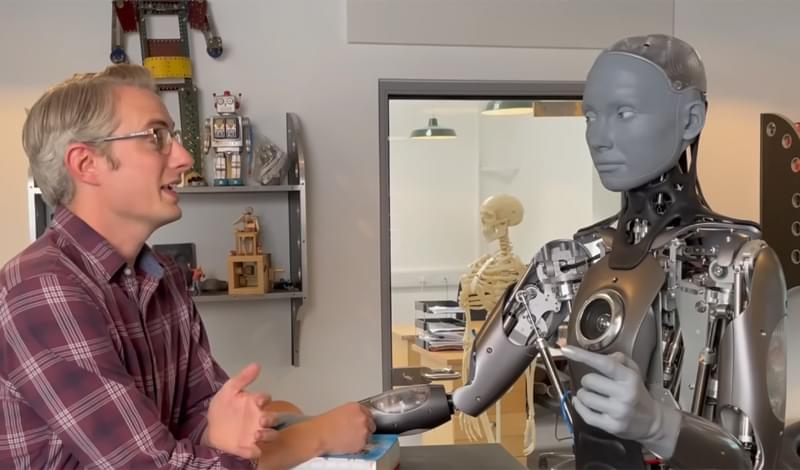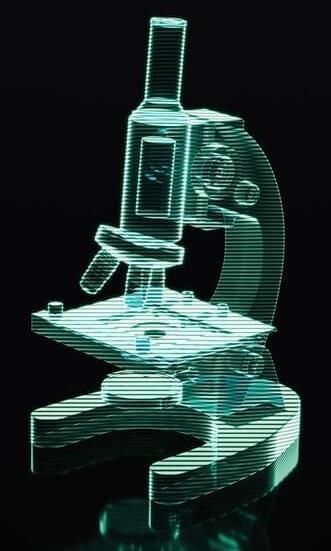White Spruce trees are on the march northward in the Arctic increasing the rate of warming.
Trees are growing in the Arctic tundra where none have survived before. The Arctic is warming four times faster than the rest of the planet which means the barriers that made Arctic terrain hostile to trees are diminishing. Forests are marching towards the North Pole.
Last August a paper appeared in the Journal Nature entitled, “Sufficient conditions for rapid range expansion of a boreal conifer.” It is one of a number of papers describing a changing pattern of tree growth and range across the Arctic landscape in Alaska, Siberia, Canada, and Scandinavia. The more trees establish themselves in high latitude environments, the faster warming is coming as a low albedo effect takes hold.
The paper described what was happening to the North American White Spruce population in Alaska tundra conditions. White Spruce require temperatures of 10 Celsius (50 Fahrenheit) or greater for seeds to germinate. And White Spruce don’t start producing seeds until they are 30 years of age. So seeing an expanding population of White Spruce in areas where none have been observed in human recorded history is rather compelling evidence that the Arctic climate conditions are undergoing significant change. The rate of the northward march is about 4 kilometres (2.5 miles) per decade. The advance corresponds with both rising land temperatures and disappearing sea ice.






